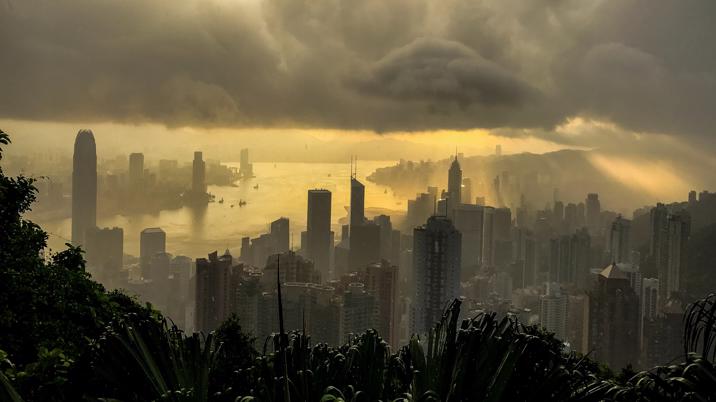
Those who warned that Hong Kong’s new national security law, introduced by Beijing last month, was little more than a cynical attempt by China to suppress dissent in Hong Kong were proved absolutely right with the recent arrest of Jimmy Lai, the founder and publisher of Apple Daily, and others.
In the autocrat’s playbook, controlling the press and information channels is de rigueur for authoritarian regimes.
This will achieve exactly what China wants it to achieve – less (if any) criticism and widespread fear, as self-censorship becomes the norm. A compliant press will inevitably lead to increased corruption and diminished civil rights.
As Fernando De Yarza Lopez-Madrazo, WAN-IFRA President, said: “It will unnerve not just the millions of inhabitants who were out on the streets for months on end, in a bid to uphold democracy, but journalists and human rights’ advocates worldwide.”
What, if anything, can the UK government do about it?
- Coordinate with international partners to condemn such arrests and explore legal redress, because according to a Number 10 spokesperson, “Freedom of the press is explicitly guaranteed in the Sino-British joint declaration and basic law and is supposed to be protected under article four of the national security law.”
- Put our own house in order (aka, Be more like Norway). In the World Press Freedom Index, Norway is ranked top and the UK is at #35. To be a credible voice, we need to close that gap. (For reference, USA is #45 and China, a miserable #177 out of 180).
- Be a consistent voice on press freedom, at home and abroad, never equivocating on its core tenets.
- Take the lead on press freedom. The media freedom conference held in London last year (reviewed for InPublishing by Jon Slattery) was a good start, as was the resulting creation of UNESCO’s Global Media Defence Fund. We should double down on our commitment to that.
- Be more guarded in our international partnerships. This is not a question of cutting off all ties, but letting repressive regimes know where we stand and that their actions have consequences.












